Interview with Céline Moinet solo oboe at the Staatskapelle Dresden.
We are glad to present you an interview with Céline Moinet, solo oboe at the Staatskapelle Dresden, Germany.
Since 2013, Céline Moinet has had a chair at the Carl Maria von Weber College of Music and she conducts master courses in France, Germany and Japan.

How were your beginnings in music or with the oboe? Were there more musicians in the family?
My parents love classical music, even if they don’t play any instrument. Especially my father is an opera lover. But as we were 5 children my parents couldn’t go often to concerts. When we were old enough to learn an instrument, they registered all of us in our home town music conservatory.
When did you decide that you wanted to be a professional oboe player?
As a teenager I guess. At age 15 I started to travel regularly to Paris to have private lessons with the principal Oboe of Orchestre National de France (Pascal Saumon), which would mean an important financial and time investment. I suppose at that age it was already clear for me I will invest all my energy in this instrument.
Which teacher has influenced you the most?
I am very thankful to all the teachers I had in my life, from an early age on. David Walter was my teacher in Paris Conservatoire. He was a wonderful mentor and still is a great inspiration.
What type of oboe do you play with and why?
As a professional I always played a Marigaux 901. It just feels home. It’s for me the perfect association of a beautiful sound with lots of flexibility for personal expression. I am not a fan of “heavy” instruments you can find on the market, especially in Germany. I need to express myself with the instrument, and I am always looking for a rich sound with lots of elasticity.

How were your beginnings in the orchestra?
My first professional job was at the opera house in Mannheim as principal Oboe for a 1,5 year vacation. It came at a perfect time at the end of my studies in Paris. I learned a lot in this house, playing so many different operas in a very short time. Learning German was also challenging.
When I joined the Staatskapelle Dresden in 2008 as principal Oboe, I was very lucky to already have experienced working in a German opera house.
What did it mean for you to play in the “Gustav Mahler Jugendorchester”?
My first tour in 2004 with Claudio Abbado conducting opened a new musical world for me.The concerts with him were magical.
Meeting young musicians from all Europe with such a high level was also a revelation. I realized at that time I had to go abroad to learn from different musical influences.
What is it like to work as an oboe soloist in “Staatskapelle Dresden”?
I am very glad to be a member of an important german orchestra with such a tradition. It is a very intense job, we are touring all around the world with important conductors and the pressure can be very high. Having my partner and many friends in the orchestra is a great help.
Currently, you have three albums out, which one is your favorite?
I can’t say. They reflect different moments in my musical evolution I suppose.
I love to record but I always need lots of time to prepare a new album. I write different programs, try them, change again, add new pieces, then go to the recording studio. At the end I am happy I didn’t record certain pieces to early. The Schumann project could have been my first Cd, but I am glad I recorded it after finally meeting Florian Uhlig, my pianist.
What is the repertoire in the orchestra with which you feel most identified / the one you like the most?
I love performing Brahms Violin Concerto. It’s a piece I listened a lot to when I was a kid (my parents had the Perlman/Giulini recording with Chicago Symphony). The music is so beautiful, it’s pure joy.
Which conductor or soloist has impressed you most?
With the Staatskapelle Dresden I remember exciting concerts under the baton of Andris Nelsons, Ch. Thielemann, H. Blomstedt and D. Gatti.
Since 2013 you are a teacher at “Carl Maria von Weber College of Music”. What advice would you give to the oboe students who are preparing for the entrance exams to the conservatory or other music schools?
Don’t focus only on the repertoire of the entrance exam. Keep a healthy practice with lots of technical exercises (scales, arpeggio, etudes..). Show lots of musicality. An entrance exam is not a competition. We are first looking for interesting people with lots of potential.
What are your future projects (upcomingconcerts, masterclasses …)?
I will record two new cds in the upcoming months. Two very different but exciting projects.
Next masterclass with Celine Moinet:
Eva Lind Musikakademie from July 15th till July 20th. More info: www.musikakademie.tiro
After that, you can read other interviews in the interview category of our blog. Also you can know more about our beginner oboes EG-REEDS visiting our blog. And remember from EG-REEDS we ship worlwide 🙂

 English
English Español
Español Italiano
Italiano Deutsch
Deutsch Français
Français Português
Português 日本語
日本語 한국어
한국어 Русский
Русский



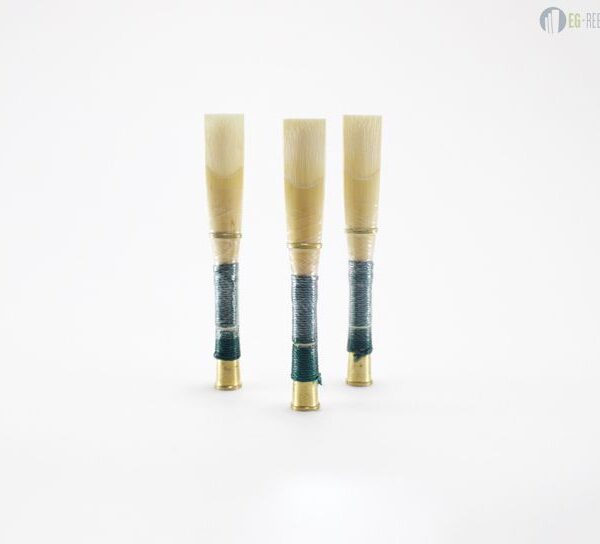


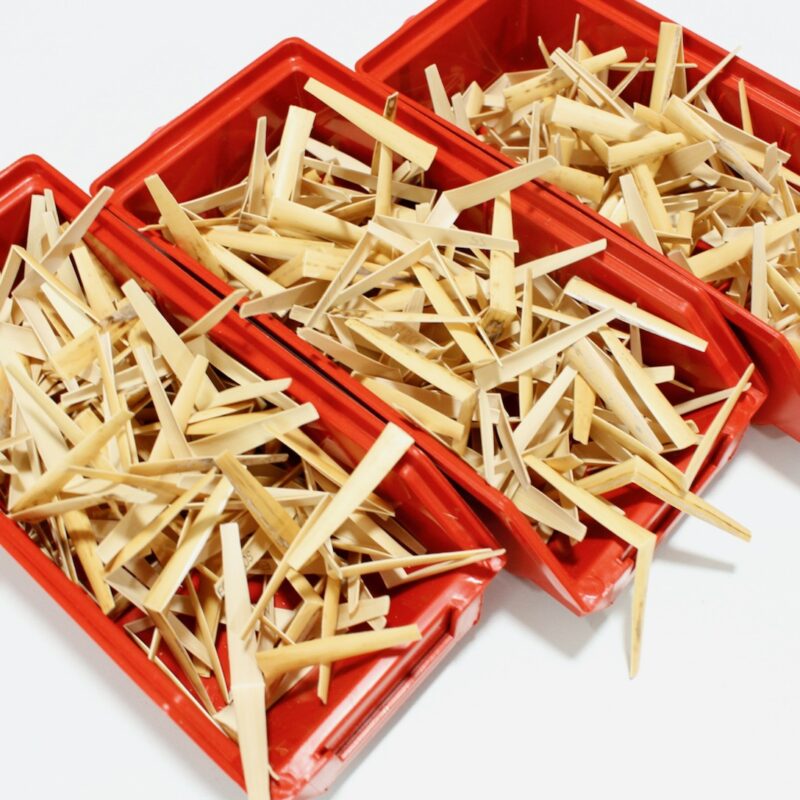



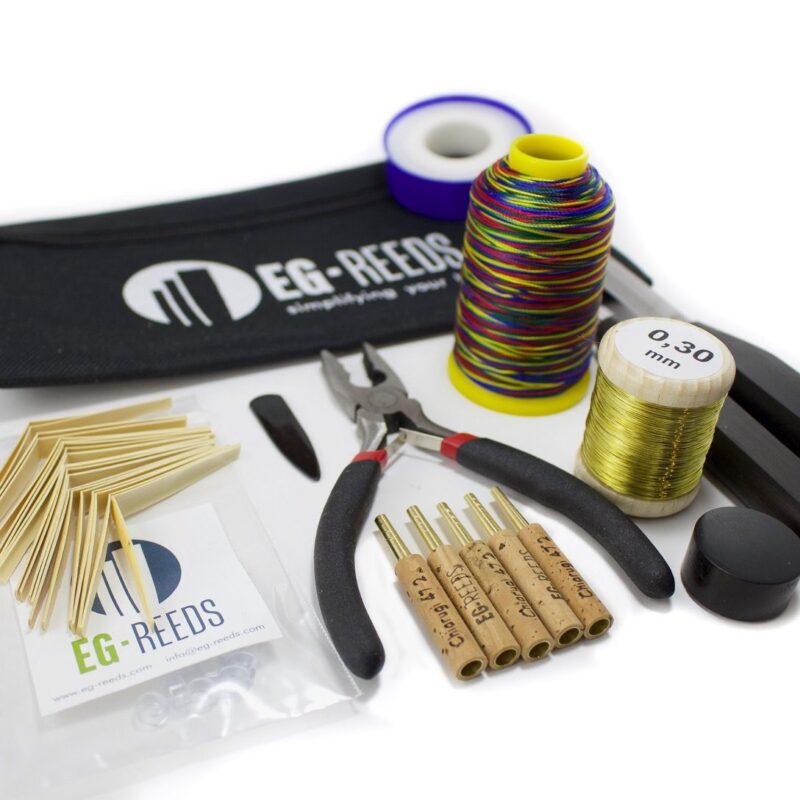

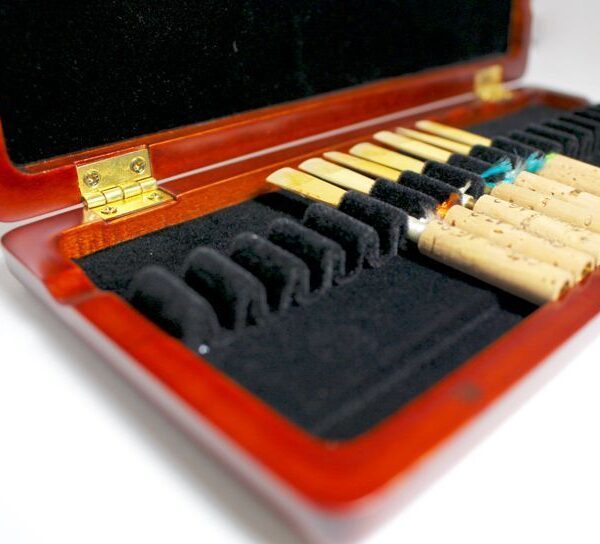
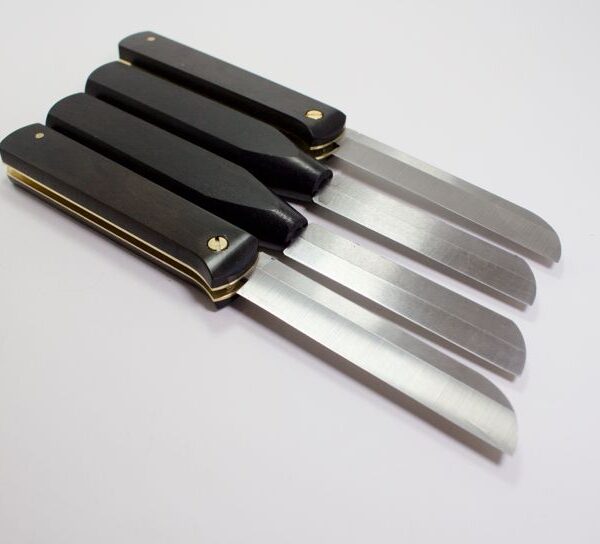



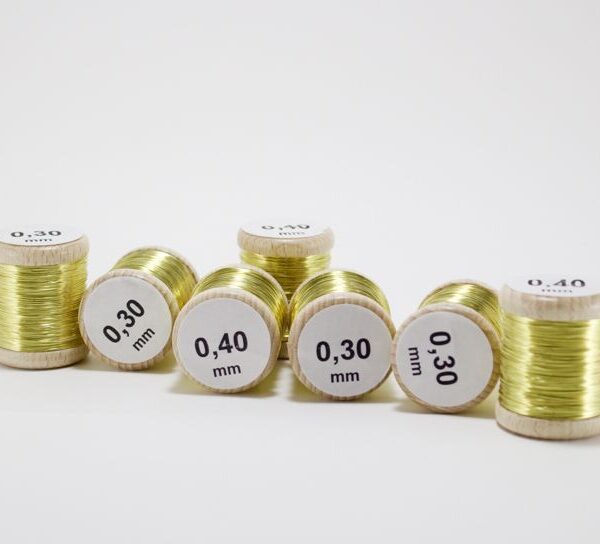
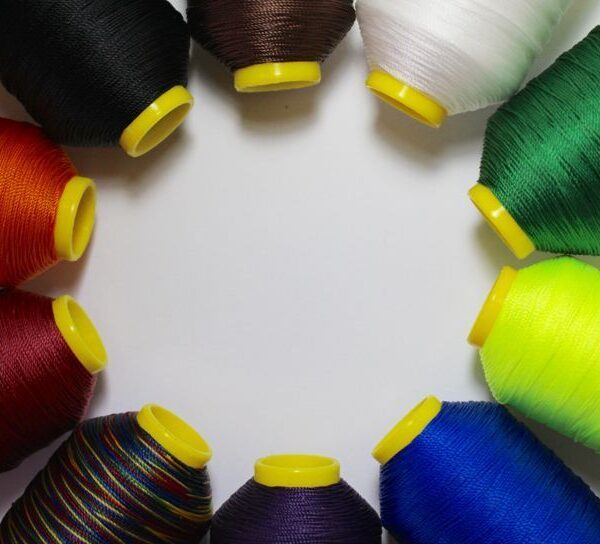
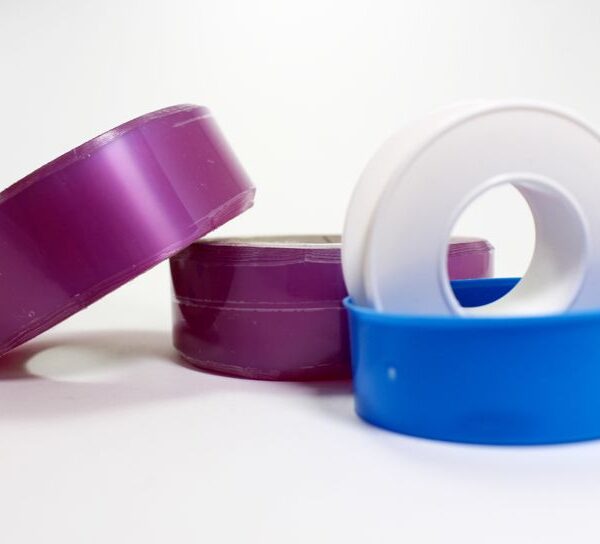
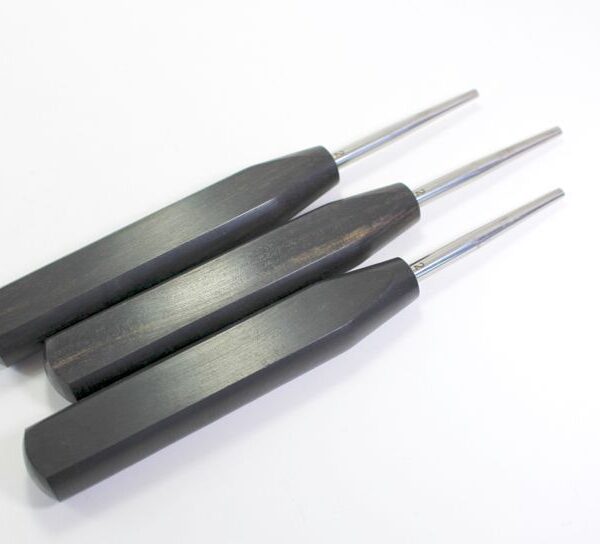
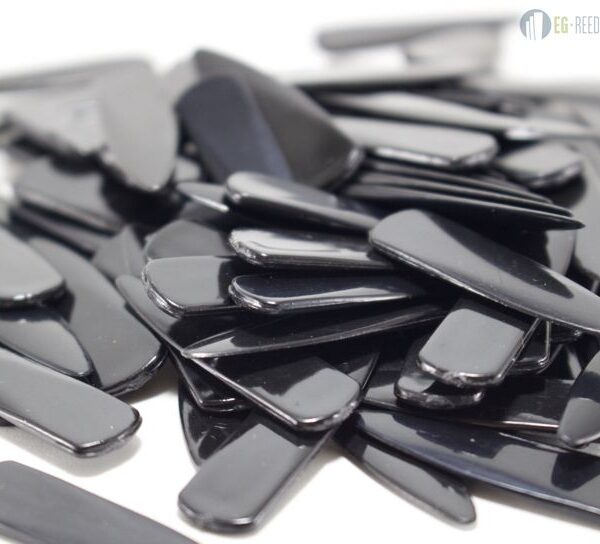

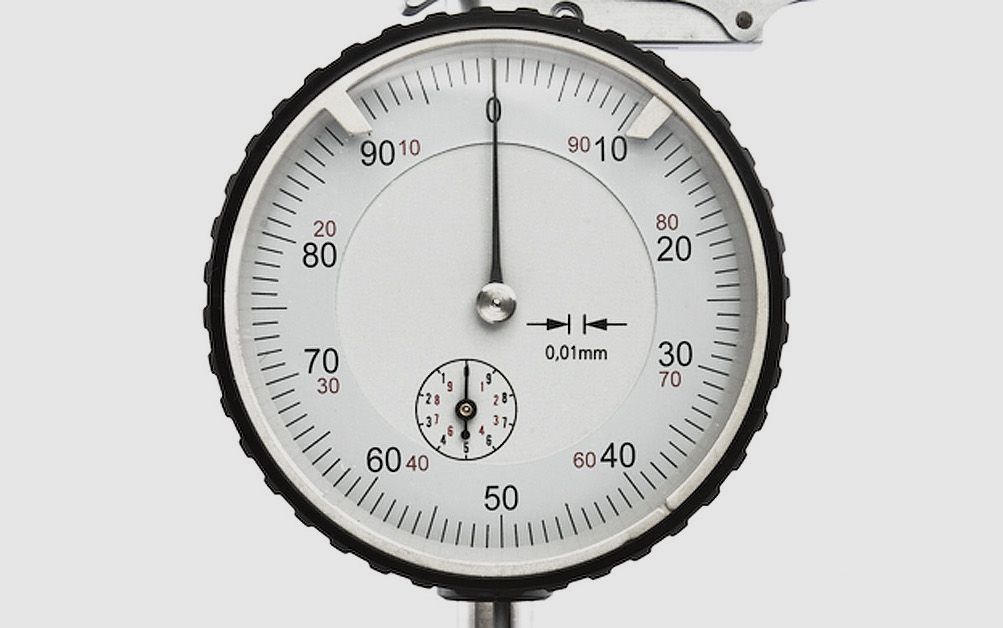
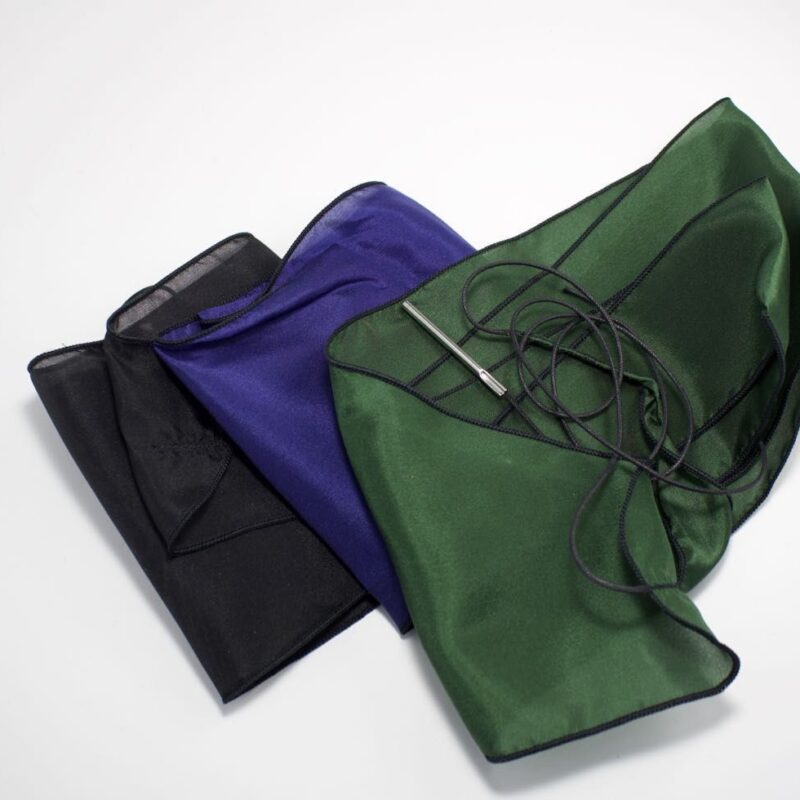
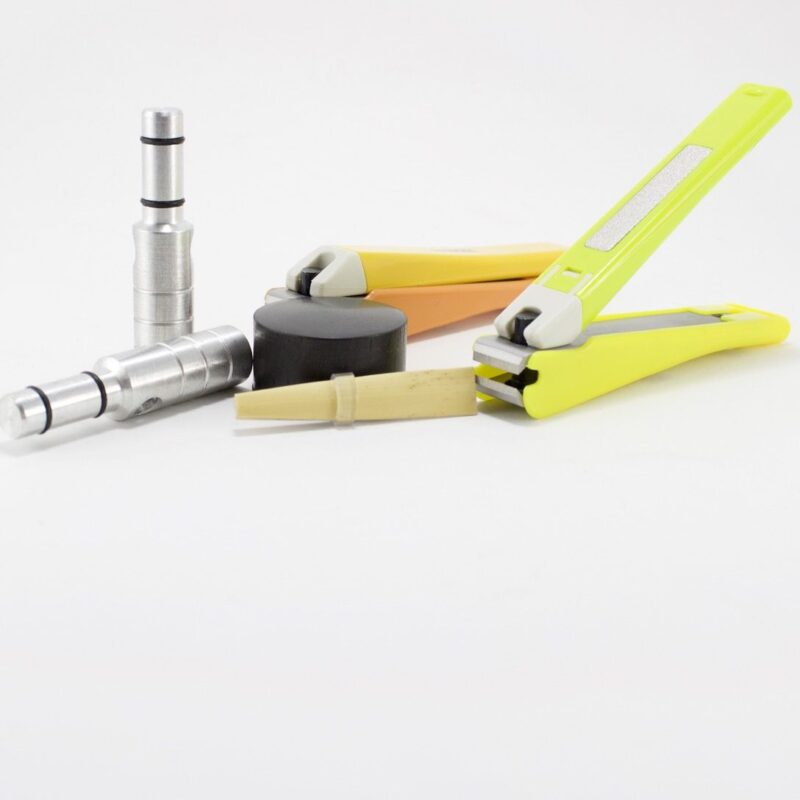
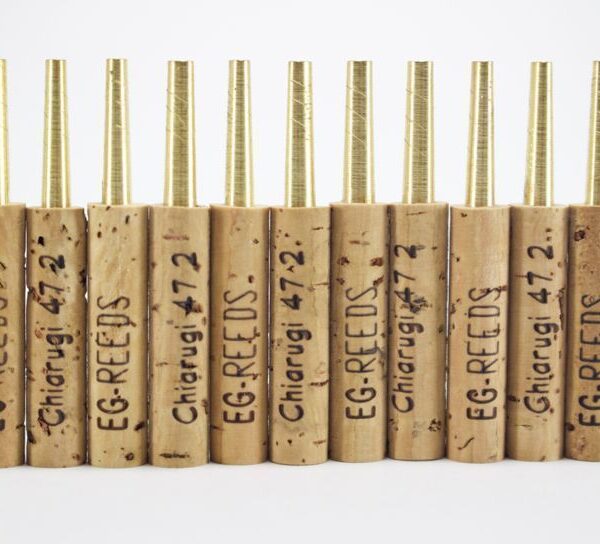
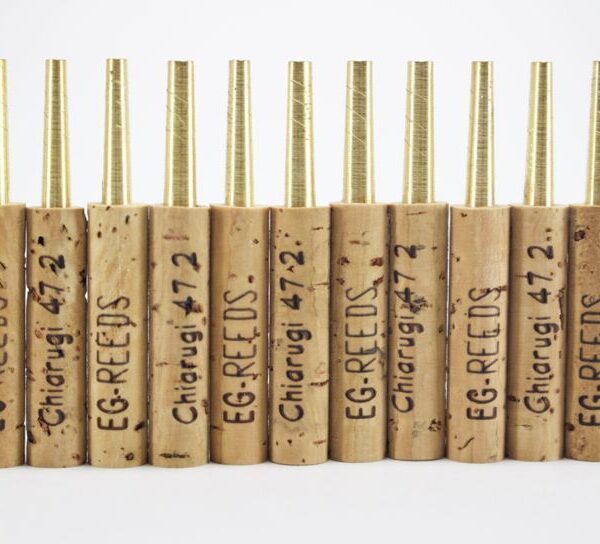


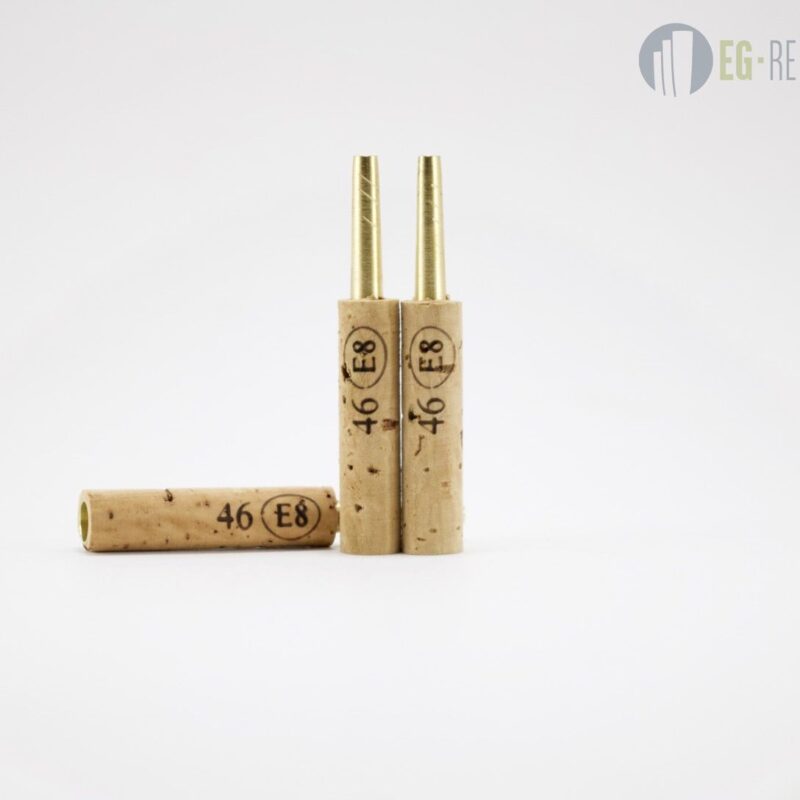
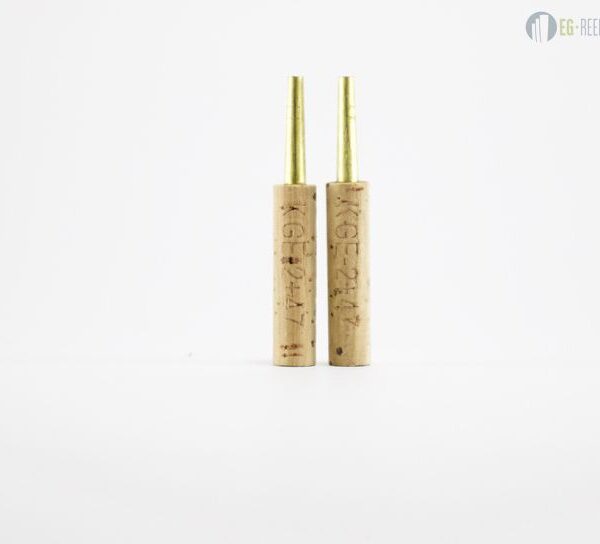


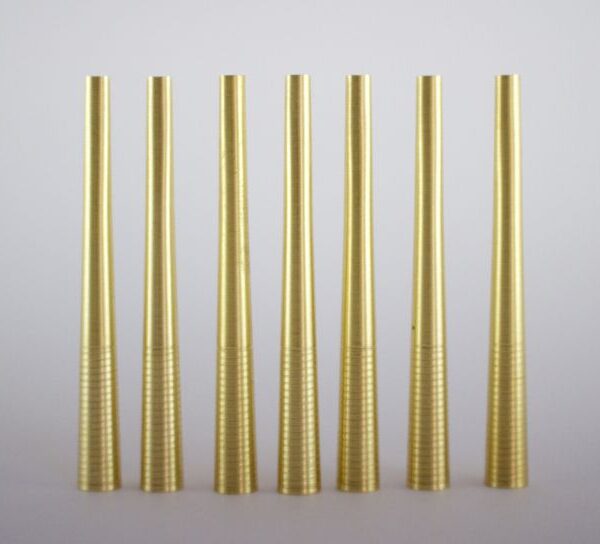
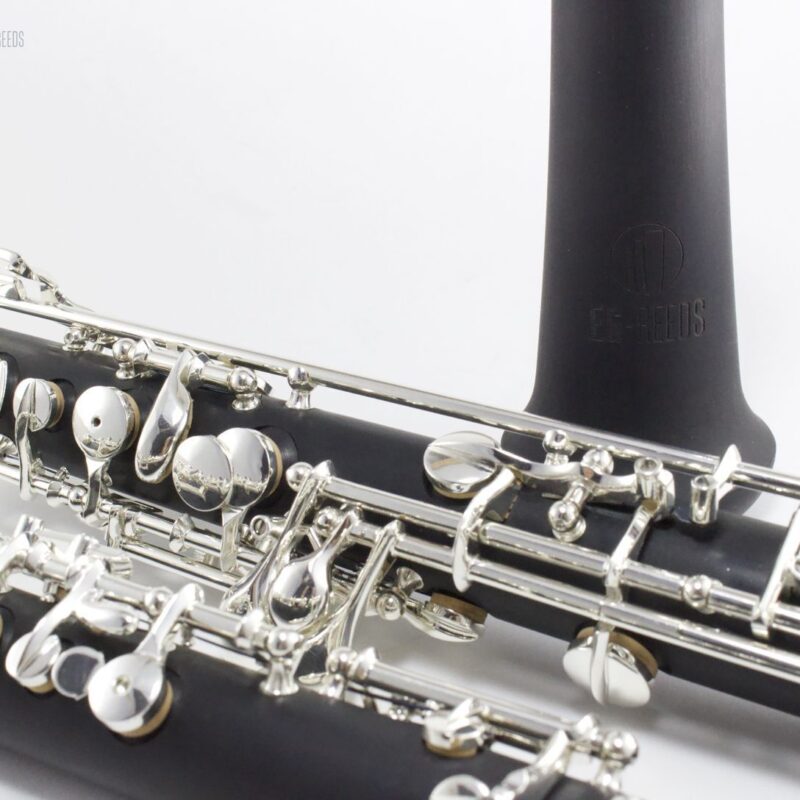


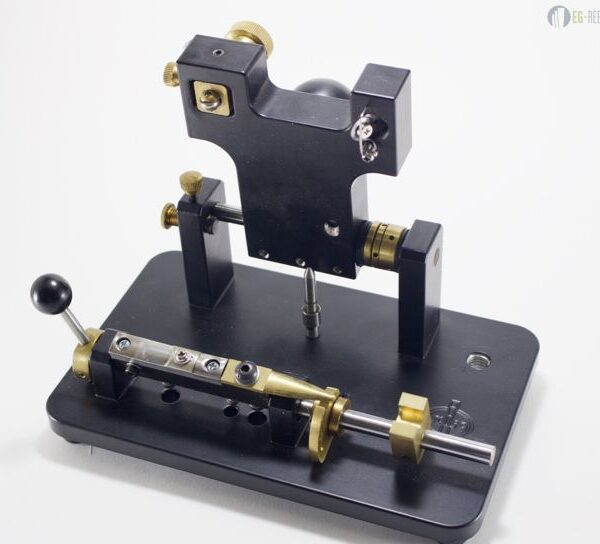




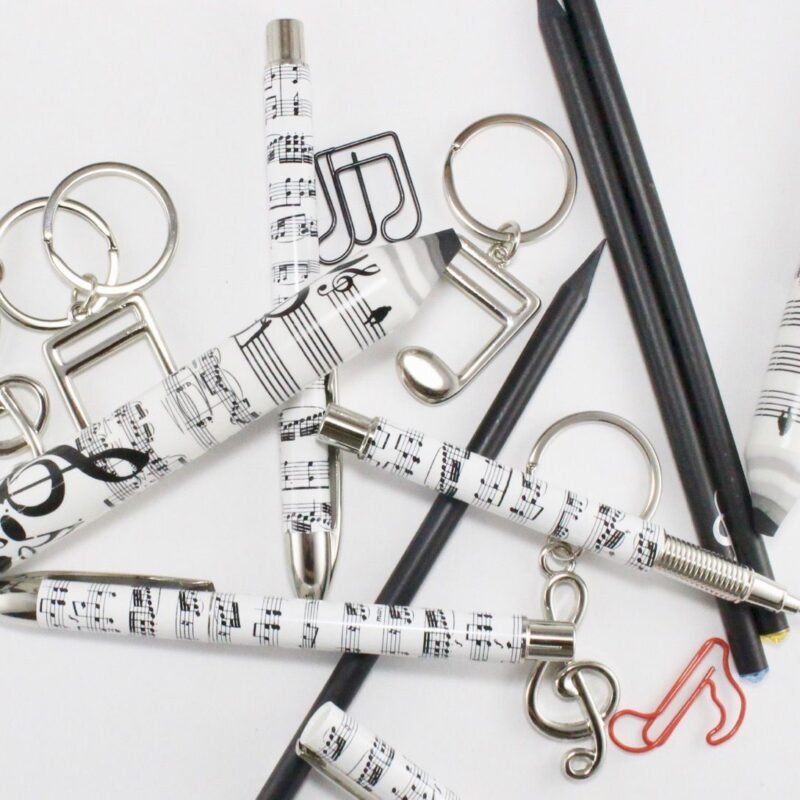

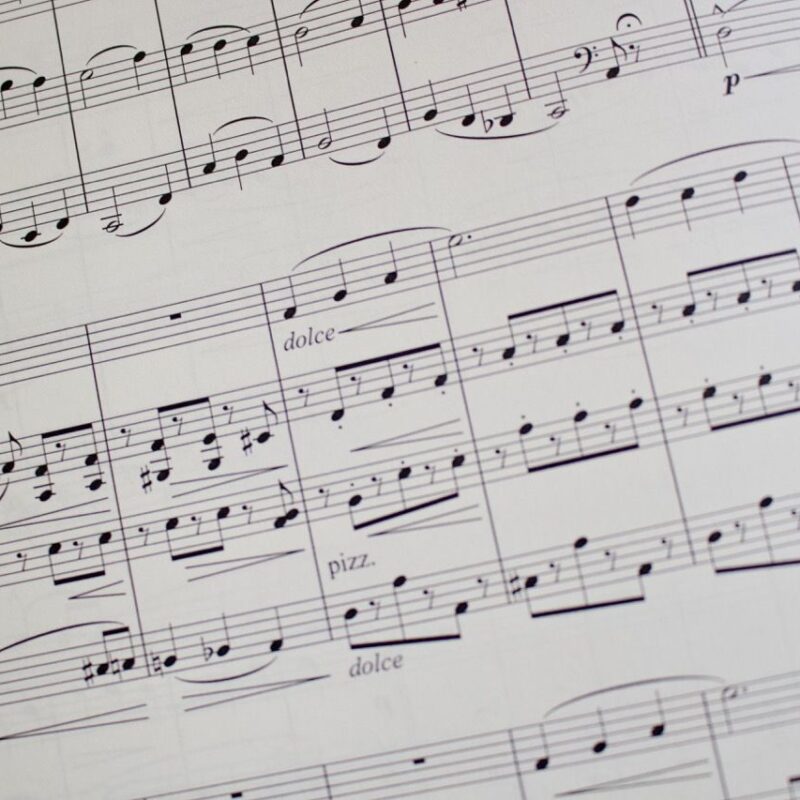
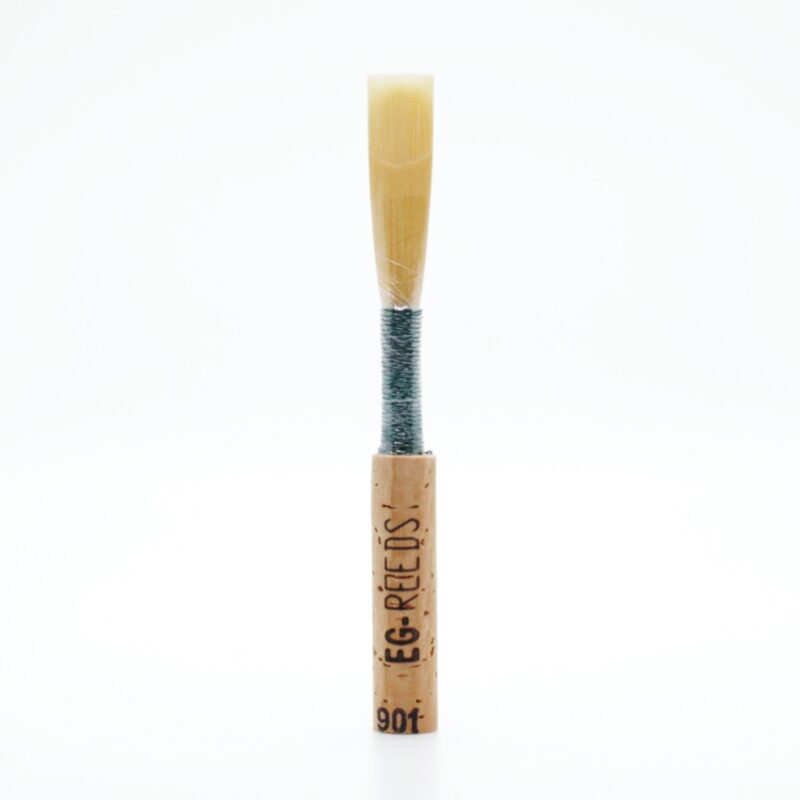

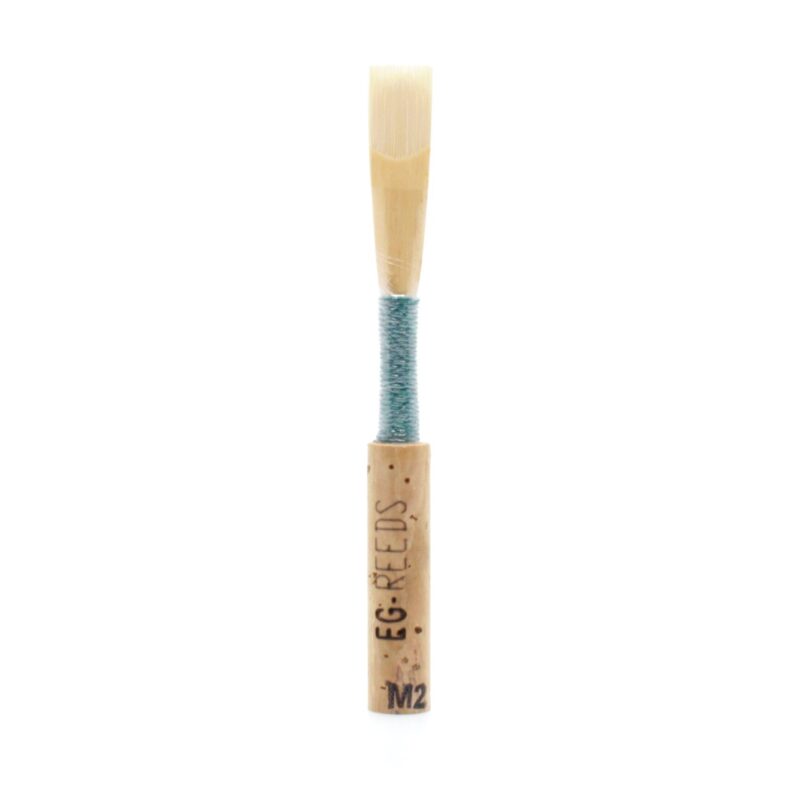
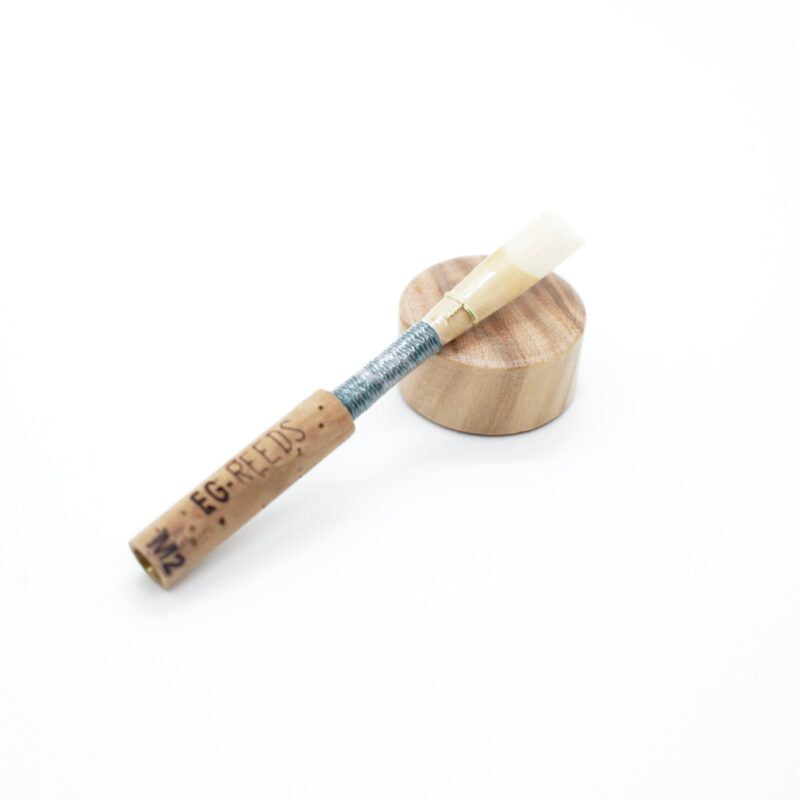

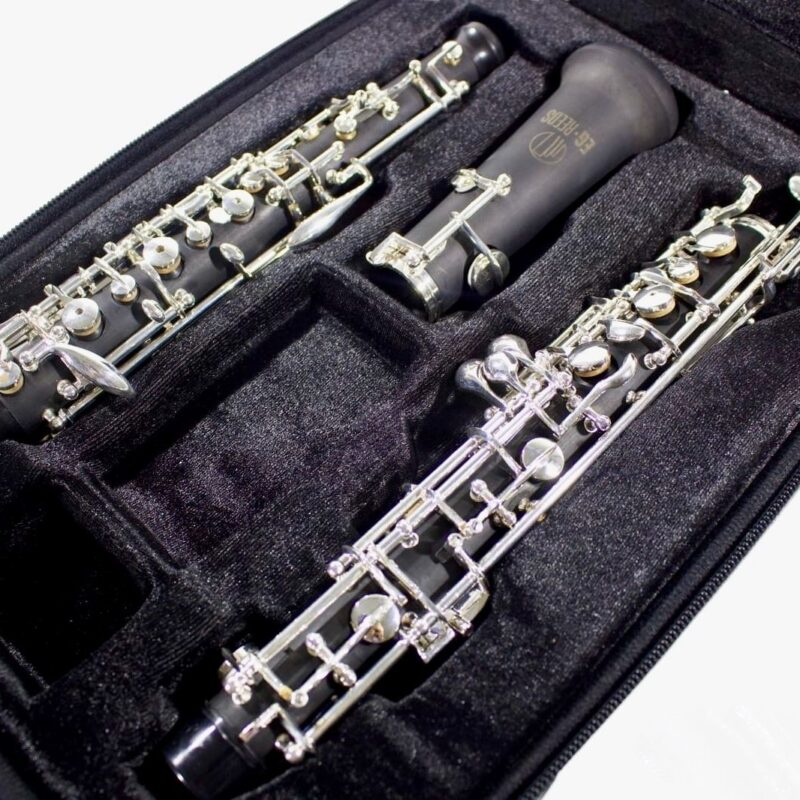

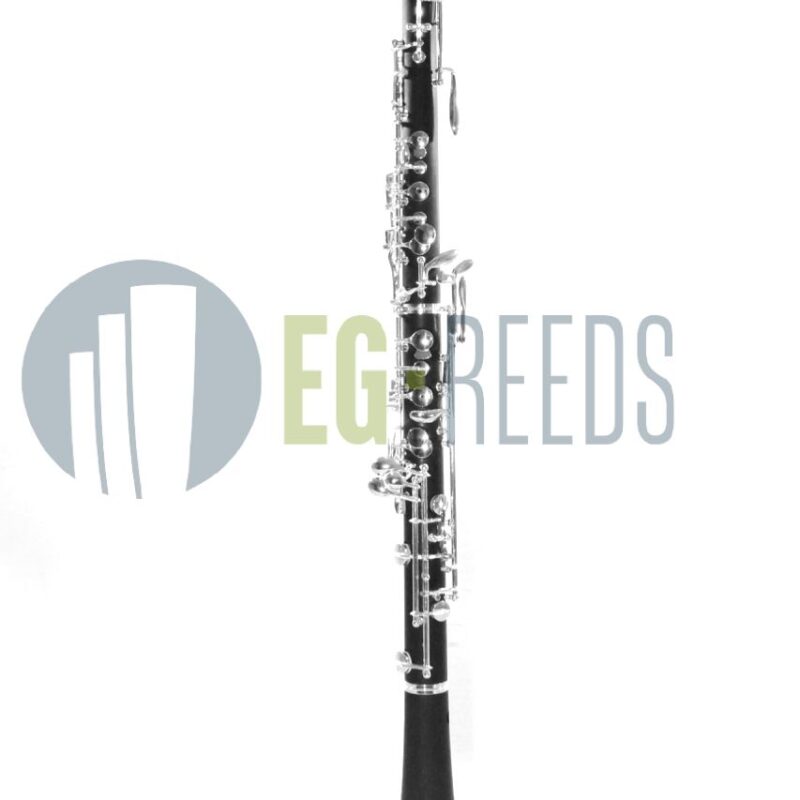
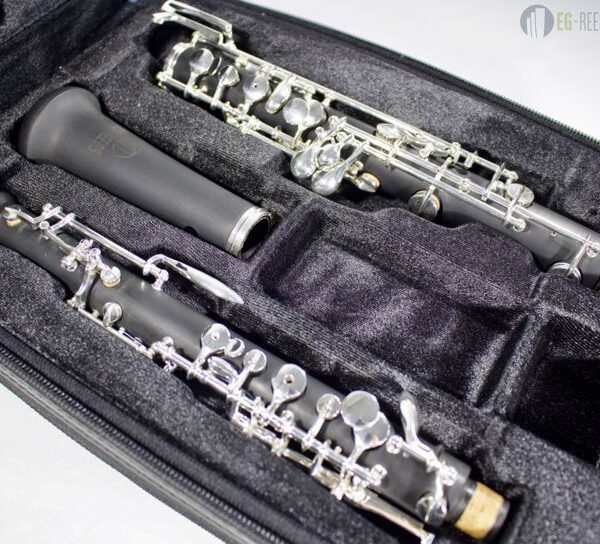
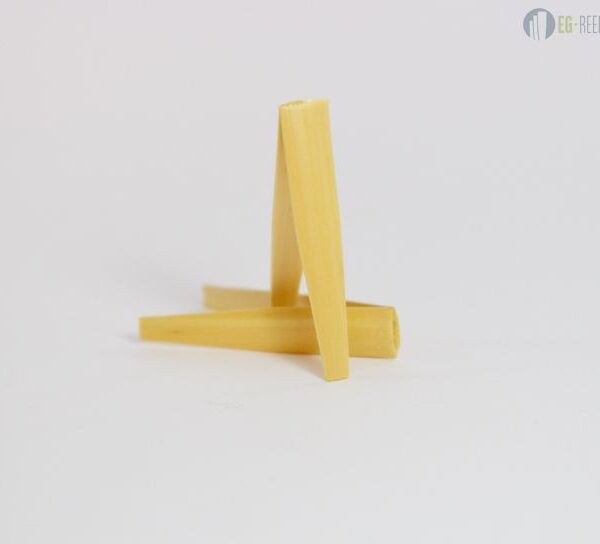
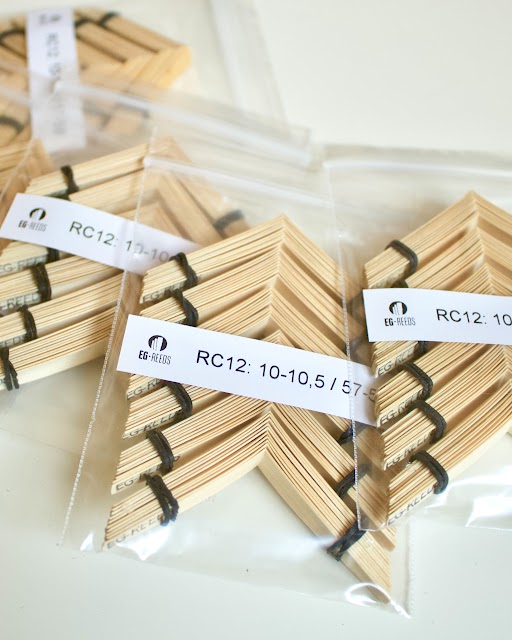


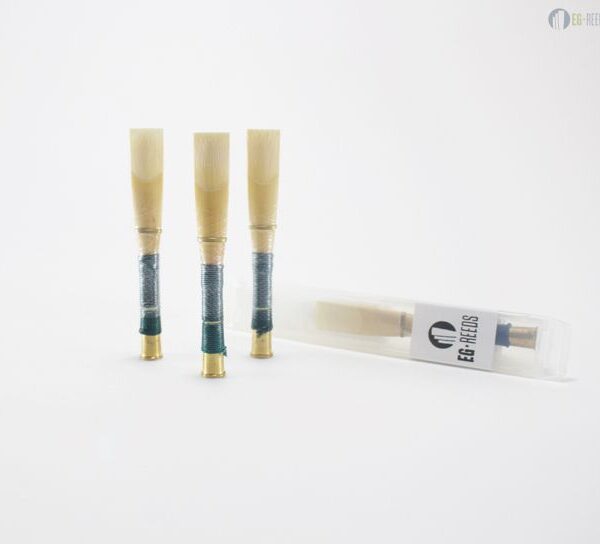


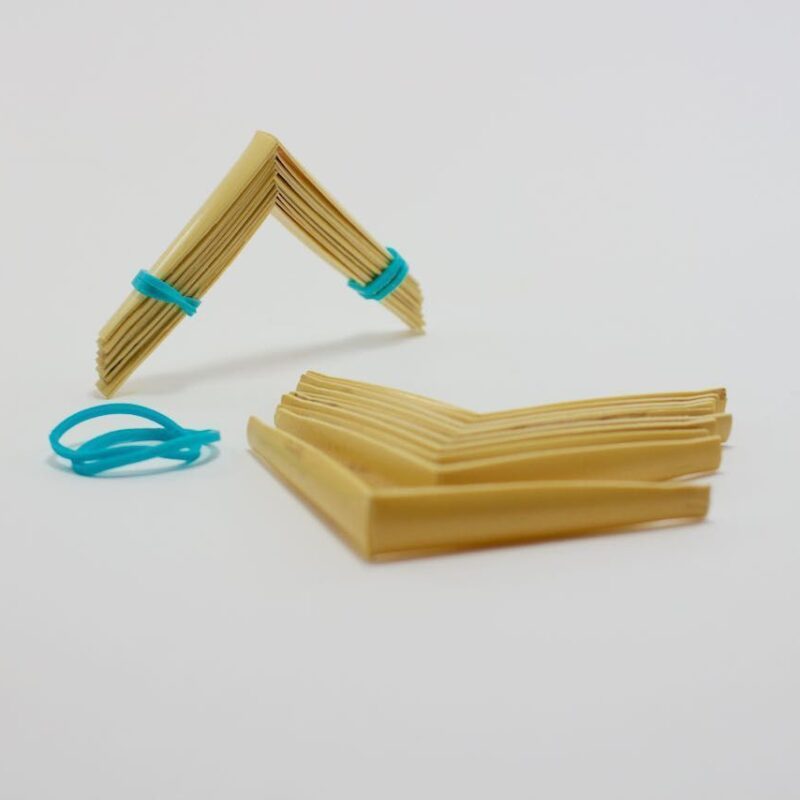
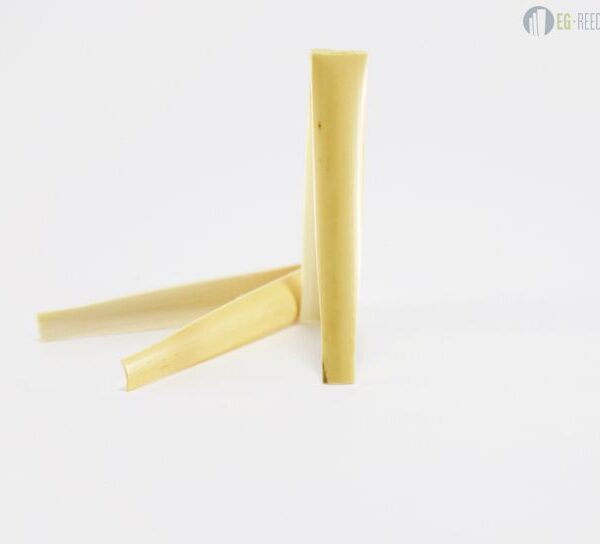




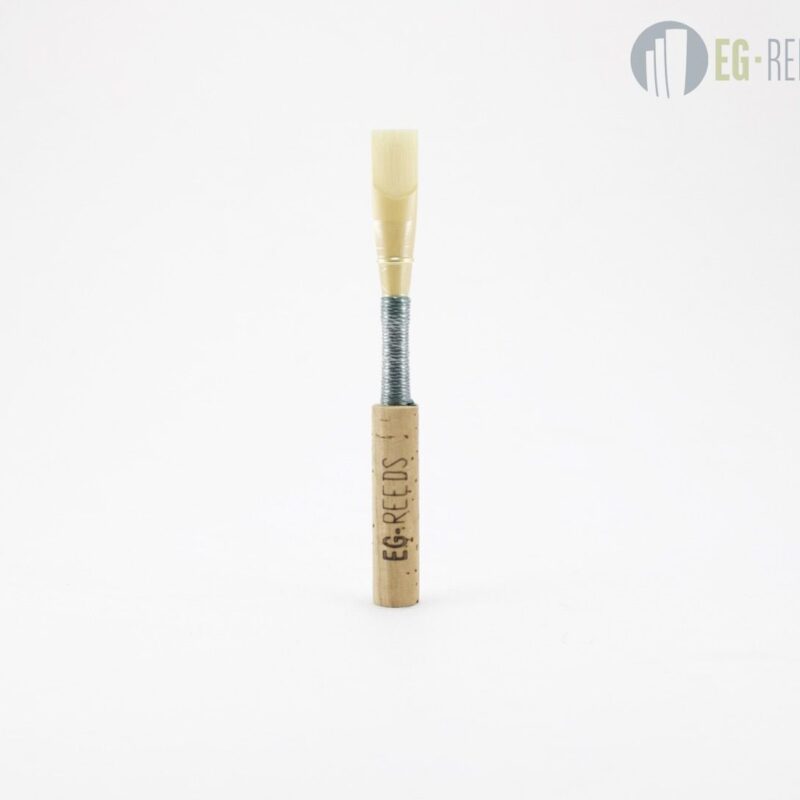
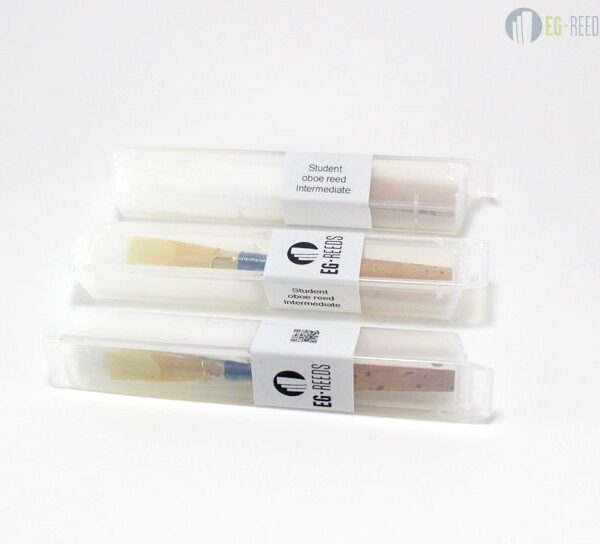
双簧管哨片专业 901
双簧管哨片专业 M2
半专业双簧管 EG-REEDS
双簧管哨片专业 Mayer
初学者双簧管 EG-REEDS
双簧管刨模片 EG-REEDS (10片)
双簧管哨片 (初学者) EG-REEDS
英国管哨片 EG-REEDS
Changes to our shipping options starting January 1, 2026
François Leleux
11 月
Maurice Bourgue
3 月
The oboe in film music
3 月
Albrecht Mayer
2 月
Heinz Holliger
1 月
Merry Christmas and Happy 2025!!
12 月
How to buy the best oboe for students?
12 月